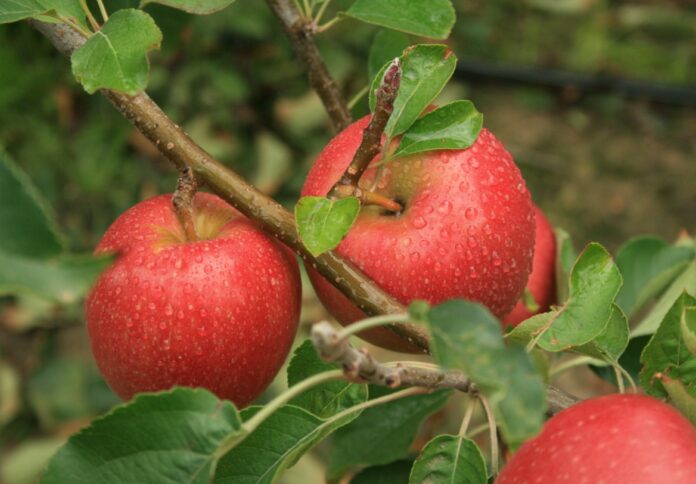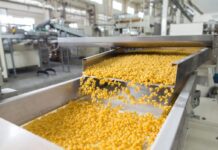
The NSW Government is stepping up its efforts to combat food waste with a $4.6 million investment in new grants aimed at saving more edible food from landfill.
This initiative targets the reduction of the 1.7 million tonnes of food wasted annually in NSW, providing dual benefits of supporting those facing food insecurity and reducing greenhouse gas emissions from landfills.
The first round of the new Food Rescue Grants has allocated nearly $3 million to support 20 charities and community organisations in rescuing more surplus or donated food and delivering it to people in need across NSW.
Minister for Climate Change and the Environment, Penny Sharpe, remarked, “Across NSW, up to 70 per cent of wasted food is still edible. We have to turn this around.”
Recipients include larger state-wide organisations like FoodBank, OzHarvest, and SecondBite, as well as community-based groups fighting food insecurity in areas such as Sydney, Dubbo, Albury, and Wollongong.
“It’s not about just reducing waste but rethinking how we value and use the food we have,” Sharpe added.
The grants will enhance and expand food rescue infrastructure, enabling organisations to purchase larger trucks and fridges and employ more personnel to save edible food and feed the vulnerable in NSW.
“This funding will help food rescue charities by giving them better infrastructure to take more donated and rescued food,” said Sharpe.
In parallel, $1.66 million has been awarded through the first round of Business Food Waste Partnerships Grants.
This funding is designed to help peak bodies, sector leaders, and councils collaborate to identify opportunities to prevent food waste.
Beneficiaries include Sydney Children’s Hospitals, the NSW Department of Education, and various organisations in the Hunter and Riverina regions, as well as hospitality and winery businesses.
“It will also make sure businesses, hospitals, councils, and other institutions are upskilling their networks to avoid food waste, and increase their donations and recycling – helping to save nearly 600,000 tonnes of food waste every year,” Sharpe highlighted.
For more information about the Food Rescue Grants, visit Food Rescue Grants.
For more information about the Business Food Waste Partnerships Grants, visit Business Food Waste Partnerships Grants.



















